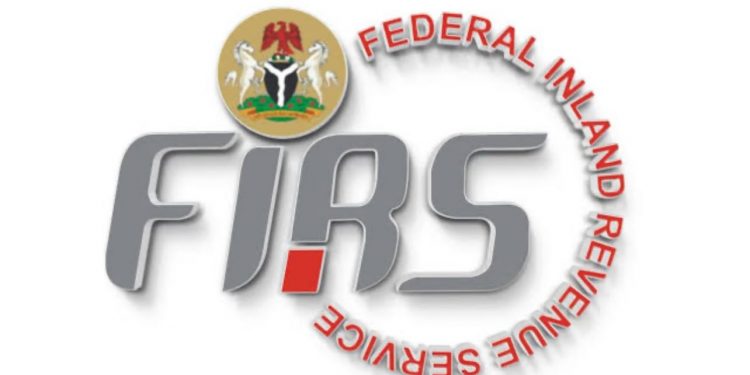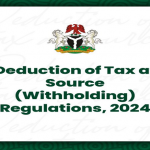The Federal Inland Revenue Service (FIRS) has announced a new tax policy requiring banks, stockbrokers, and other financial institutions to deduct a 10 percent withholding tax on interest earned from short-term securities.
This move marks a major shift from previous tax exemptions granted to such instruments to attract investors. The new directive covers treasury bills, corporate bonds, promissory notes, and bills of exchange, with deductions made at the point of payment. However, interest earned on federal government bonds will remain tax-exempt.
According to the circular released by FIRS, investors will receive tax credits for the amounts withheld unless the deduction is classified as a final tax. The agency explained that this adjustment aligns with the 2024 Withholding Tax Regulations and the Companies Income Tax Act (CITA) as amended.
Short-term securities have traditionally appealed to investors due to their quick returns and high yields, but the new tax measure could influence investment patterns. The added cost may lead investors to reconsider their risk exposure and potential returns.
FIRS Executive Chairman Zacch Adedeji stressed that compliance is mandatory, warning that failure to follow the directive could attract penalties and interest as outlined in tax laws. “All relevant interest-payers are required to comply with this circular to avoid penalties and interest as stipulated in the tax law,” he said.
The agency has yet to disclose revenue projections from this policy. However, it emphasized that withholding tax serves as an advance tax deducted at source from payments such as rents, dividends, and interest, which are later remitted to the tax authorities.
For context, the applicable withholding tax rates include 10 percent on rents, dividends, and interest on bank deposits or securities, and 5 percent on royalties.
Last month, the FIRS issued a similar compliance notice to financial institutions and corporate entities, reinforcing that interest on all short-term securities must be taxed at the time of payment. The notice, signed by Adedeji, was circulated to banks, discount houses, corporate bond issuers, primary dealer market makers, and other stakeholders.
The agency reiterated that taxpayers will receive credits for taxes remitted on their behalf, except where the deduction represents a final tax. This, according to the FIRS, is intended to maintain transparency and protect taxpayers’ rights while strengthening enforcement in Nigeria’s tax system.
For MSMEs and investors, the new rule means potential adjustments in financial planning and investment strategies, as short-term returns will now be subject to immediate taxation.










